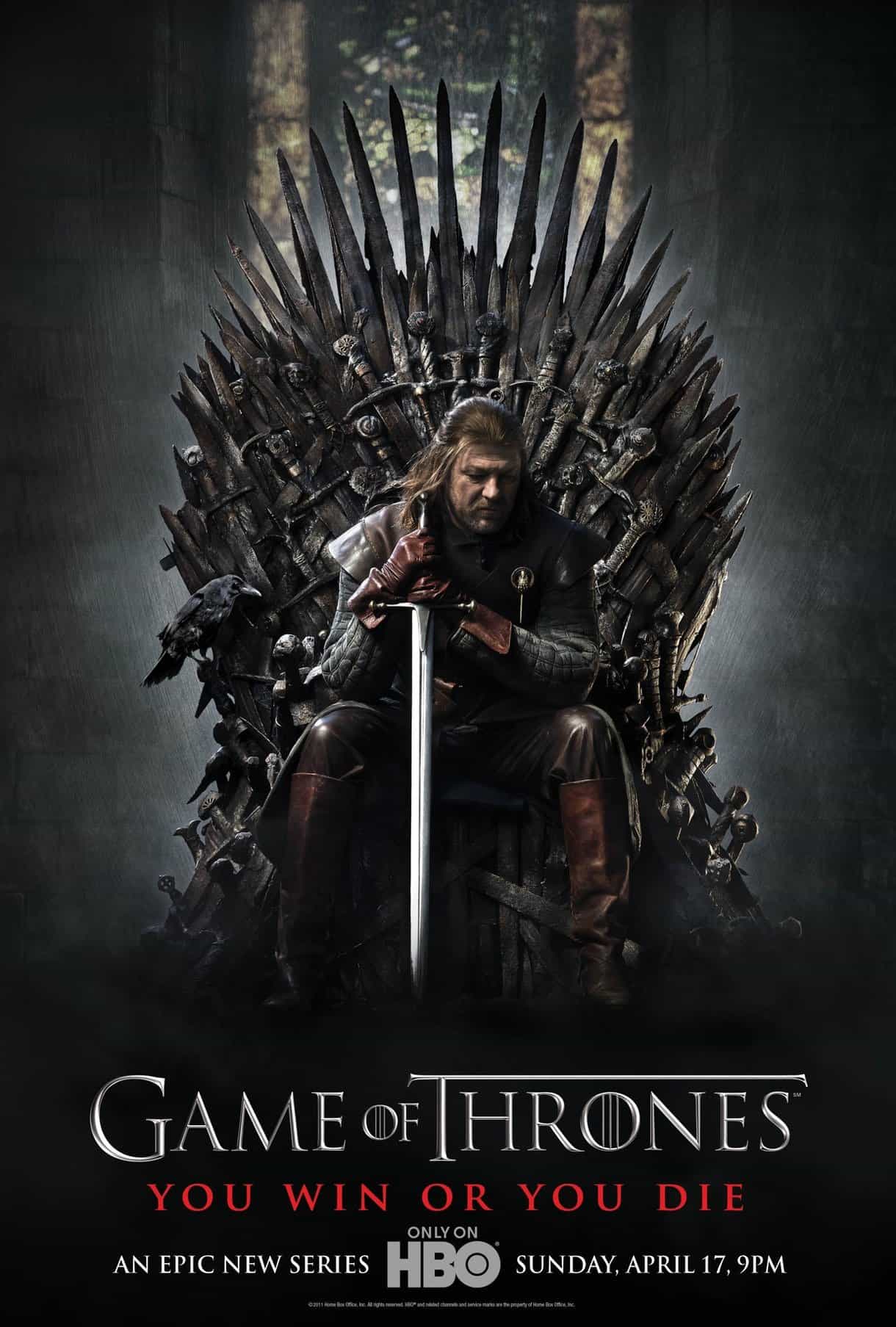Game of Thrones (GOT) is a sad, tragic tale of people caught between their unruly impulses and blinding ambitions. It is Shakespeare meeting Dostoyevsky at a party hosted by J R R Tolkien. It’s a tale full of lies, deceit and treachery, with few instances of truths shining through. It’s a tale where a father sentences his innocent son to death and the son retaliates by killing him instead. Loyalties change within hours depending on which way the wind is blowing. Lifelong friends are discarded if it is the need of the hour and backstabbing has become a necessary survival skill. It’s the ideal setting for orchestral music with symphonic grandeur (and not the mundane action-thrillers that most movies use such music for.)
In my review of Breaking Bad, I wrote about memorable characters. It was easy to imagine it in Breaking Bad with a handful of characters and ample time for the writers/directors to nurture them. GOT does not have that luxury. The sheer number of characters makes it impossible spend any time on developing them. The story advances at a constant speed and the characters develop along with it. This is where the genius of GOT lies – to conceive characters that are so unique and memorable that there is no need to spend any time for development at the cost of slowing down the plot.
A perfect example of this is the character of Tyrian Lannister. Tyrian is a dwarf, 4.5 feet tall. Any story featuring a dwarf as main character usually revolves around the injustices faced by him. It makes us sympathetic towards him. You do not feel sympathy for Tyrian. He does not need it. He has accepted his physical appearance at such a deep level that it has become an integral part of his identity. As he says in the beginning, “Never forget who you are, the rest of the world will not. Wear it like an armour and it can never be used to hurt you.” It is very difficult to write such a character and equally difficult to perform it. Peter Dinklage won four well deserved Emmy Awards for playing this role. His success is evident in the fact that after a few episodes, you completely forget that he is a dwarf. Sure, he and we are reminded of it from time to time. His father hates him for it. But you also see him as a human being with a powerful personality, facing the same problems like everyone else that are not connected with his stature.
GOT lays bare the deep psychological impulses of the characters. John Snow (Kit Harrington) cannot lie, not even to an enemy. Ramsey Bolton (Iwan Rheon) is a psychopath who takes great pleasure in physical and mental torture. We are led to believe that Daenerys Targaryen (Emilia Clarke) is a noble Queen until she carpet bombs a whole city even after truce has been declared and thousands of innocent women and children pay the price with their lives. And there is the Queen Cersei Lannister (Lena Headley) who is a reincarnation of Lady Macbeth – cruel, vindictive and unreasonable. Another leader having these impulses committed suicide in a bunker in Berlin on 30th April, 1945.
If you go to a bookstore, you will find the GOT novels under fantasy section. As a broad classification, this is correct. But if you look deeper, GOT incorporates a stunning amount of realism within the fantasy world. I would call it ‘realistic fantasy’, for the lack of a better word. This is the exact opposite of magical realism where you have fantasy elements in the real world – like talking cats in Haruki Murakami’s novels.
On the face of it, the GOT plot has dragons, blood magic and army of the dead but you don’t see these in action unless absolutely necessary. This sets GOT apart from most works in fantasy genre. Even when the dragons do appear, we are immediately presented with the real world consequences. The dragons pray on small animals and cannot distinguish between a goat and a human child. The queen is forced to keep them in captivity for the safety of children. The depth with which GOT handles socioeconomic issues of the fantasy world is remarkable. When the queen sets the slaves free, she does not provide them with an alternative. Chaos ensues and some of the slaves even request permission to be sold again. They prefer the certainty of captivity to the unpredictability of freedom.
GOT destroys the sanitized version of fantasy world. All the horrors of Middle Ages are laid bare here. Barring certain exceptions, most filmmakers have implicit rules about showing violence on screen. GOT has no such qualms. It shows beheading, torture and other horrors explicitly. The scenes after the siege at King’s Landing show men, women and children burning and dying, eerily reminiscent of the Dresden Bombings or the Christmas bombing of Hanoi in 1972. If you ever had any romantic notions about life in the Middle Ages, GOT will get rid of them fast.
If you get frustrated by the behaviour of our political leaders, GOT is a solemn reminder that the games of power have been in existence since the dawn of time. Sure, we have become more civilised but we are still governed by the tribal mentality of Homo Sapiens.
As biologist and naturalist E O Wilson once said, “The real problem of humanity is the following : we have paleolithic emotions; medieval institutions; and god-like technology.”


